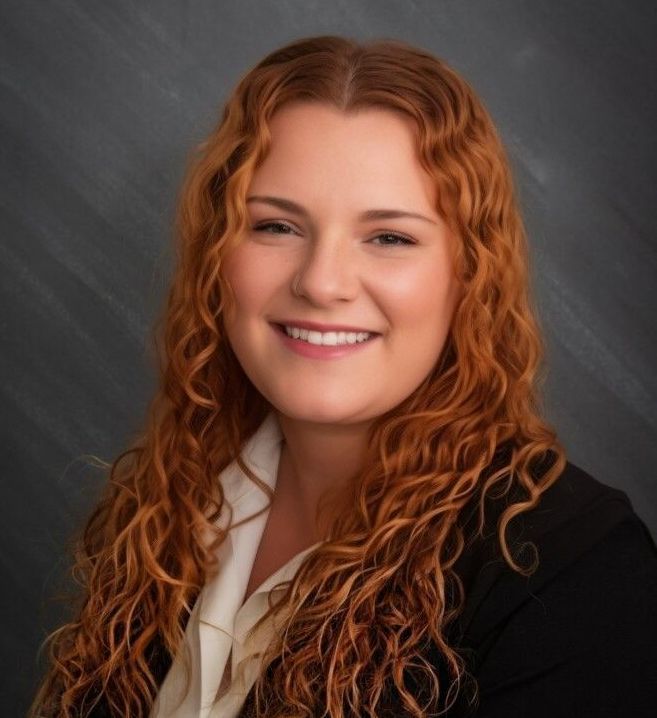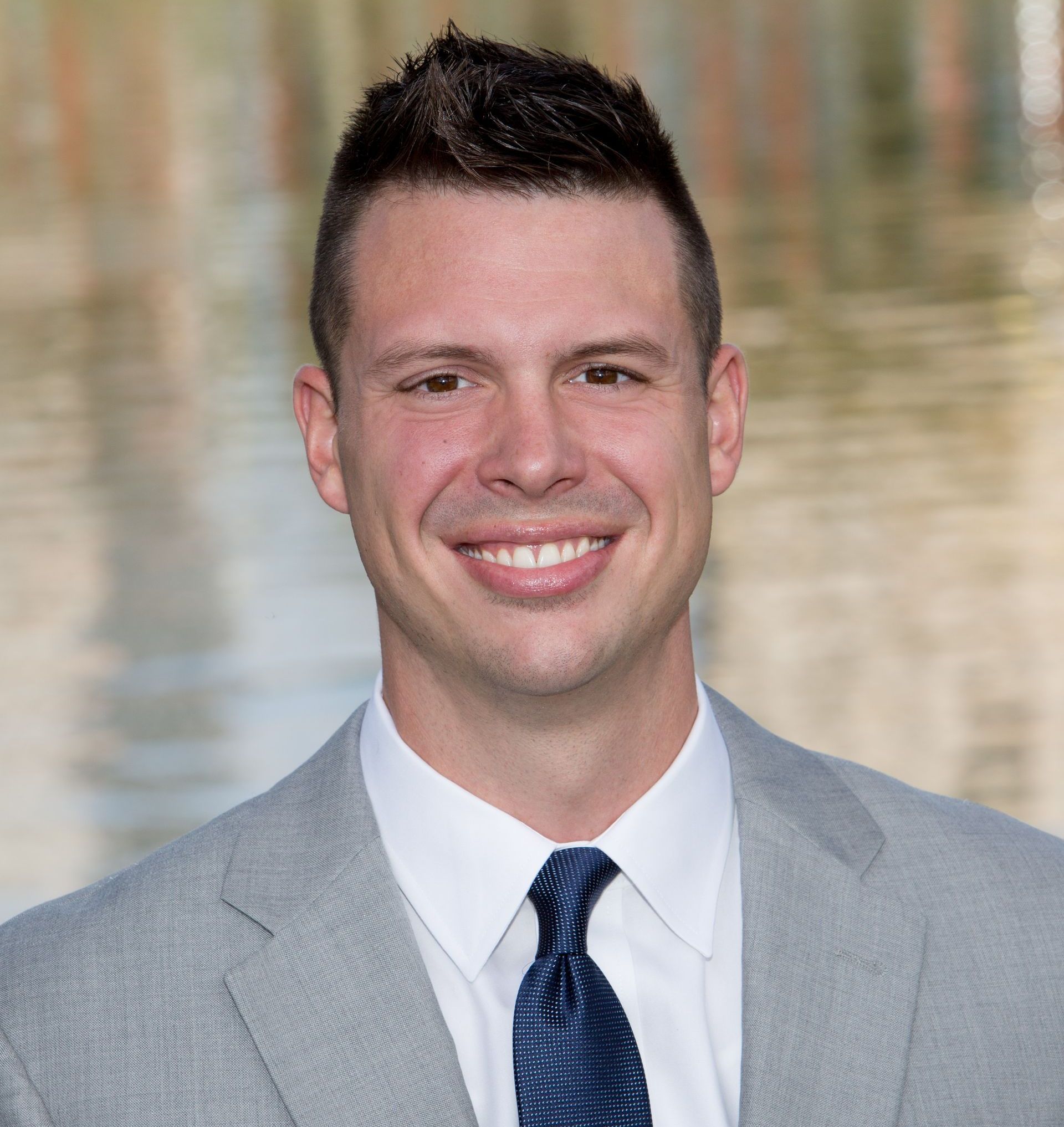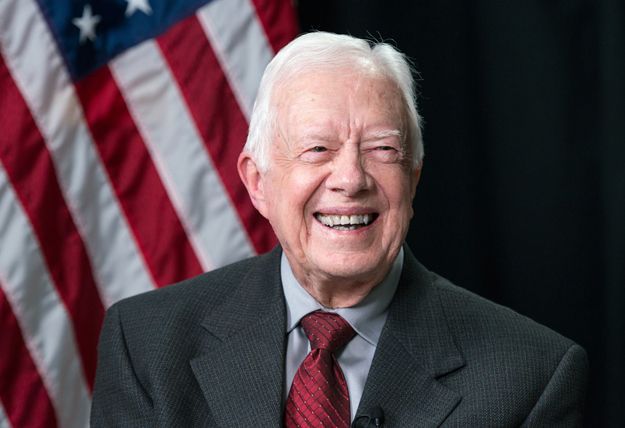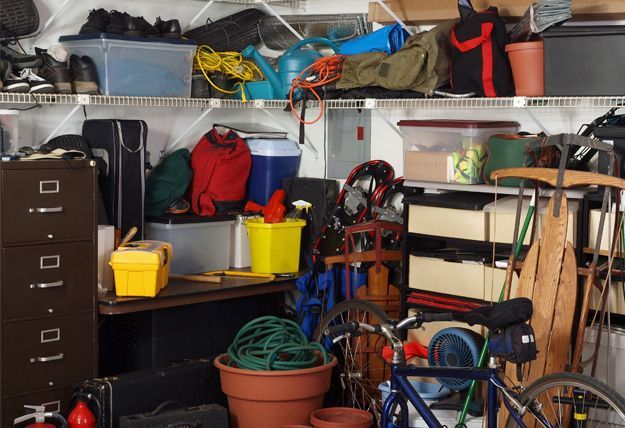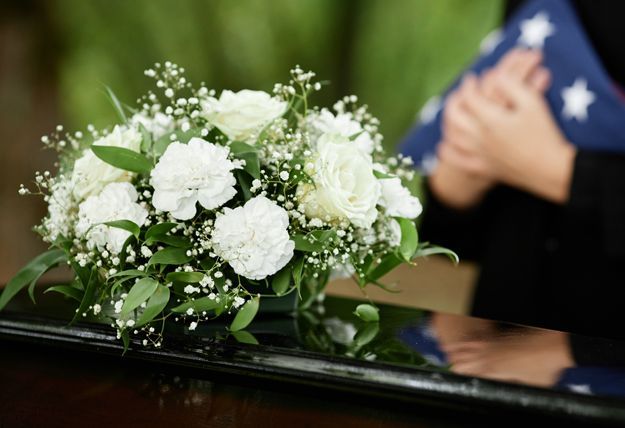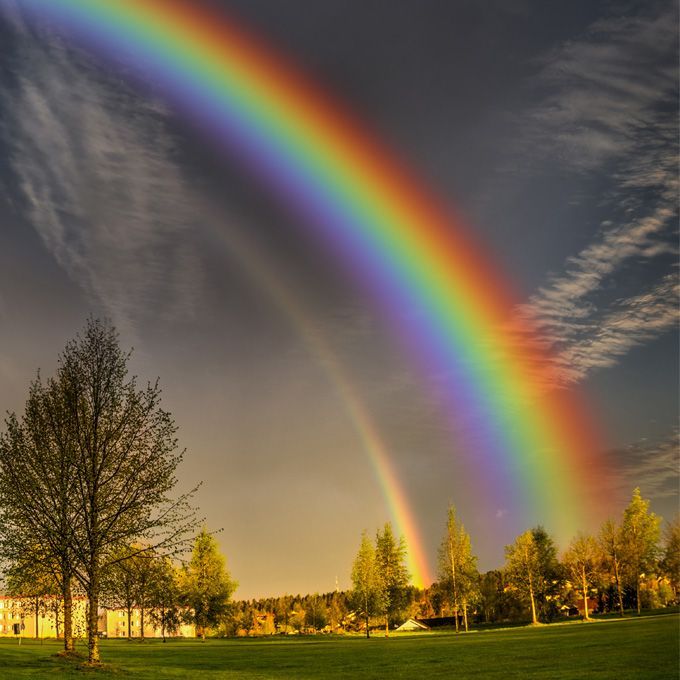Diversity in Funeral Customs
Just as religions and cultures around the world have different traditions for worship, there also can be varied funeral traditions for each. Many funeral customs are based on ancient ways, designed to honor one’s death in a spiritual context. With the advent of embalming and other more modern advances, some funeral traditions have been adapted. Despite these changes, many cultures and religions maintain the core of their traditions with small changes to suit modern day.
At Parthemore Funeral Home, we respect all religious and cultural practices. Our trained professional funeral directors and staff are able to make any accommodations needed to carry out the proper funeral, including traditions that take place before, during or after the service.
Before the ceremony, each religion or culture has their own way of preparing the body. Prior to a Buddhist ceremony, family members will dress the body in everyday, common clothing as soon as the death occurs. Before an Orthodox Jewish funeral, the body is washed and purified immediately through a process called “tararah,” and is not left unattended until burial. Similarly, prior to a Muslim funeral, the body is washed several times, shrouded, and situated according to meticulous traditional practices. In the Chinese culture, the funeral preparations began before the death. Once the person has passed the body is then cleaned and dusted with talc, before being placed inside the casket. Some religions also prohibit embalming or cosmetology. Those who worship in the Orthodox Jewish, Hindu and Muslim religions do not allow embalming and believe that the body should be buried as close to the time of death as possible, usually within 24-48 hours.
For most cultures and religions, the funeral service is conducted by a religious leader, whether it be a rabbi, monk, pastor or priest. In addition to who conducts the service, the funeral service traditions also differ. For a Catholic, Lutheran or Presbyterian service, a funeral mass is performed, in which a candle is lit to celebrate the departed and bring comfort to the mourners. Some cultures that share the same religion adapt the funeral service to their local customs. For example, Hispanic Catholic funerals might include mariachis, overnight visitations and a family feast. The type of prayers and participation at funeral services also varies by religion.
Funeral etiquette that is expected, can vary by the type of service. For a Hispanic funeral, personal items and gifts may be laid in the casket to help the deceased have a successful journey to the afterworld. Attendees at a Buddhist funeral should wear white or light color clothing. Similarly, for a Hindu funeral attendees wear all white and arrive empty-handed. No flowers or gifts should be brought. Guests should also not exchange greetings with the official mourners, but instead nod or hug in sympathy. Appropriate dress for a Samoan funeral is a lavalava (or skirt like wrap), white shirt, tie, jacket and leather sandals for men, and a pulu tasi (or muumuu) for women.
The final disposition of the body also varies across different religions. For those of the Orthodox Jewish and Muslim religion, cremation is not allowed. Bodies must be buried. In the Hindu religion, no burial takes place, the body must be cremated. In the Hindu religion, the body is cremated on a specially built outdoor pyre following prescribed funeral rites. In the United States, the traditional rites are carried out, but the actual cremation takes place in a crematorium. In Italy, grave space is a precious commodity, so interment usually takes place in a mausoleum. Before the body is buried, each person may walk up to the casket and throw a fistful of dirt or a flower on top. Following the service, traditionally flowers are planted around the burial site to purify the grounds. According to Chinese tradition, the body must be buried, but should never be dressed in red, because it could turn the deceased into a ghost. At an Orthodox Jewish funeral, the body is wrapped in a sheet and prayer shawl and interred in a simple wooden box.
Each religious or cultural group also have their own designated period for mourning. Some range from a several days to an entire year. In many instances, family and friends gather after the service and share food and drink. After an Orthodox Jewish funeral, the immediate family sits in mourning or “Shiva” in their home for the next seven days. It is customary for family, friends and coworkers to come by the home and pay their respects to the family. Ten days after a Hindu funeral, a ceremony is held at the home of the deceased in order to liberate the soul for its ascent into heaven. In the Chinese culture the funeral ceremony lasts 49 days, but the first 7 are the most important.
Funerals are an emotional time for loved ones, no matter what their religion or culture. Funeral traditions are meant to help memorialize those who have passed and make the grieving process easier for those who are affected.




